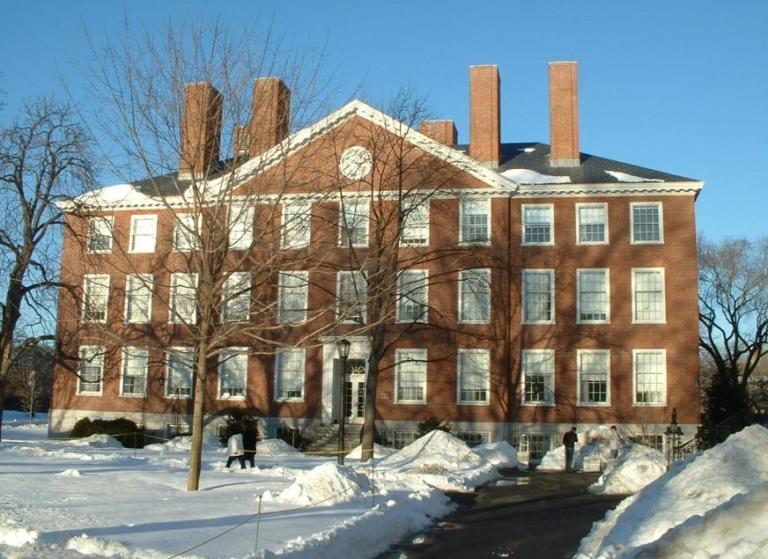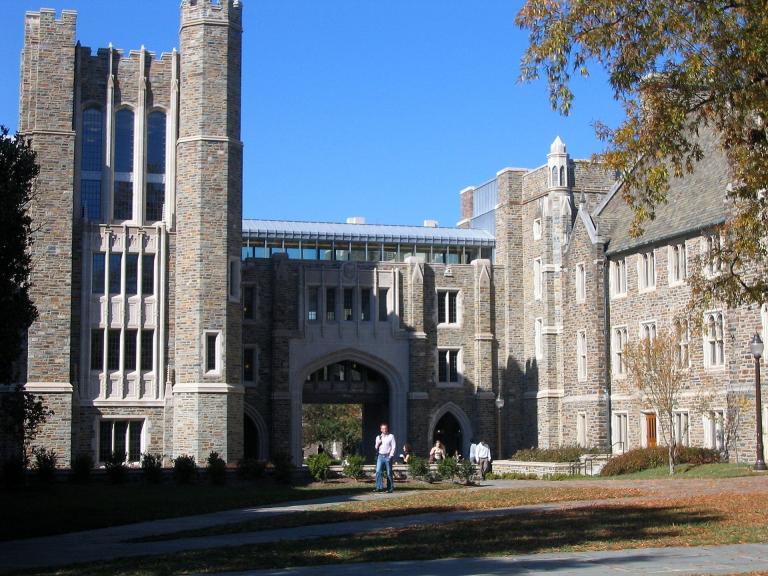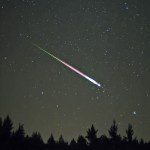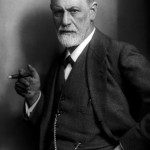I return briefly to Elizabeth Lloyd Mayer’s posthumously-published 2008 book
Known as Lisby by her many friends and colleagues, Elizabeth Lloyd Mayer was an internationally known psychoanalyst, researcher, and clinician, the author of groundbreaking papers on female development, clinical technique, the nature of science, and intuition. A graduate of Radcliffe College [a women’s liberal arts college in Cambridge, Massachusetts, that was founded in 1879 and then, in 1999, was fully incorporated into Harvard College], she received her doctorate from Stanford University and graduated from the San Francisco Psychoanalytic Institute, where she later became a training and supervising analyst. She was associate clinical professor of psychology at the University of California, Berkeley, and in the psychiatry department at the University of California Medical Center, San Francisco. She was also a fellow of the International Consciousness Research Laboratories at Princeton and on the research faculty of the Institute for Health and Healing at California Pacific Medical Center. She maintained a private practice in Berkeley for thirty years. Dr. Mayer served on the editorial boards of many of the major journals in her field, including the Journal of the American Psychoanalytic Association, International Journal of Psychoanalysis, Gender and Psychoanalysis, The Psychoanalytic Quarterly, and Contemporary Psychoanalysis. She was the first winner of the American Psychoanalytic Association’s prestigious Menninger Award. A contralto with a long-standing interest in traditional folk and classical music, she was a founder of the California Revels and its artistic director for many years. The mother of two daughters, she was also the producer of an award-winning video series on music education for children and was named Alameda County’s Woman of the Year for Arts and Culture in 1995. Dr. Mayer died on New Year’s Day, 2005, shortly after completing Extraordinary Knowing.
Here are some passages that I marked during that recent re-reading:
It was yet another sixty years before I started asking colleagues what they knew about the Rhine research. [She is referring, here, to the work on alleged extrasensory perception of Duke University’s J. B. Rhine, of whom a basic biography can be derived from the pronouncedly negative Wikipedia article about him.] It turned out most were like me; they’d heard of it, but dismissed it. Also like me, they thought they knew what they were dismissing. The fact was, we were all misinformed. So much for priding ourselves on judging by the evidence. (92)
I had high hopes for what CSICOP’S journal might provide. At the very least it would, I thought, offer useful balance to journals with a clear bent toward belief in the paranormal. I was particularly enthused about the Skeptical Inquirer’s policy of reviewing research on anomalous mental capacities published elsewhere. I figured that CSICOP would help me come up with useful challenges to articles written from the more credulous side. But it didn’t work that way. Reading the Skeptical Inquirer was like reading a fundamentalist religious tract. I found the journal dismayingly snide, regularly punctuated by sarcasm, self-congratulation, and nastiness, all parading as reverence for true science. (93)
Science is rooted in conversation. And that, I kept realizing, was the point. Science doesn’t take root in determined absence of conversation, in resolute commitment to silence. (96)
It is the normal practice of scientists to ignore evidence which appears incompatible or irrelevant…. But there is, unfortunately, no rule by which to avoid the risk of occasionally disregarding thereby true evidence which conflicts (or seems to conflict) with the current teachings of science. During the eighteenth century the French Academy of Science stubbornly denied the evidence for the fall of meteorites, which seemed massively obvious to everybody else. . . .Such was the awe in which Parisian scientists were held by their foreign associates that curators of public museums in Germany, Denmark, Switzerland, Italy, and Austria, “anxious not to be considered as backward compared with their famous colleagues in Paris… threw away whatever they possessed of these precious meteorites.” The museum curators were quick to defend their actions; any lurking notion that meteorites might descend from the sky smacked dangerously of popular superstition about heavenly intervention. That was precisely the kind of superstition that progressive science was working hard to defy. The scientists and museum curators asserted that getting rid of meteorites was actually in the service of science. (103)
But back to the idea of extrasensory perception, or at least to one form of it:
I think it’s fair to say that over the years, the evidence turns out to be there. It’s solid. The back-and-forth criticism of protocols, improvement of methods, and successful replication of remote viewing in independent laboratories all added up, by the end, to considerable scientific evidence for the reality of remote viewing as a genuine human capacity. We haven’t begun to understand how consciousness can interact with the physical world to make remote viewing possible. On that we’ve barely started. But in the meantime, there’s enough data that remain substantial and convincing to require serious scientific consideration. (108)
That made me see my doubts weren’t the problem. On the contrary, the problem lay with my beliefs. I was having terrible trouble giving up my beliefs about how the world worked, even in the face of evidence that said my beliefs were wrong. It really brought home what any good scientist knows: doubts aren’t what interfere with good science. The trick is to keep looking at evidence in the face of doubt, not letting doubt stop you. It’s a scientific truism, but it’s one thing to know it and another to keep practicing it when your ordinary worldview just can’t contain your evidence. It’s easier to think there must be something wrong with your experiments. And that’s ironic because it looks like humility but it isn’t. It’s privileging your own personal beliefs above the evidence. That’s not science, it’s hubris. (113)
A colleague who’s a high-energy physicist sent me an article from the Proceedings of the Institute of Electrical and Electronics Engineers, one of the foremost journals in engineering and electronics. As it happened, the article was by Puthoff and Targ and offered an overview of past and recent research into remote perception. What really caught my attention, however, was an introductory note from the journal’s editor in chief. He explained why, over objection from his reviewers, he’d decided to publish the article. To make his case, he quoted one reviewer who had assessed the article as methodologically impeccable and could find no substantive basis for rejection. However, that reviewer recommended rejecting it for publication with the following declaration: “This is the kind of thing that I would not believe in even if it existed.” (133)
On a very different note: Gary Lawrence is a continually good source for helpful insights into ways for ordinary members of the Church to become better missionaries and to improve its public image. Here is a short article of his from Meridian Magazine: “No One Joins the Church Because They Lose a Debate”
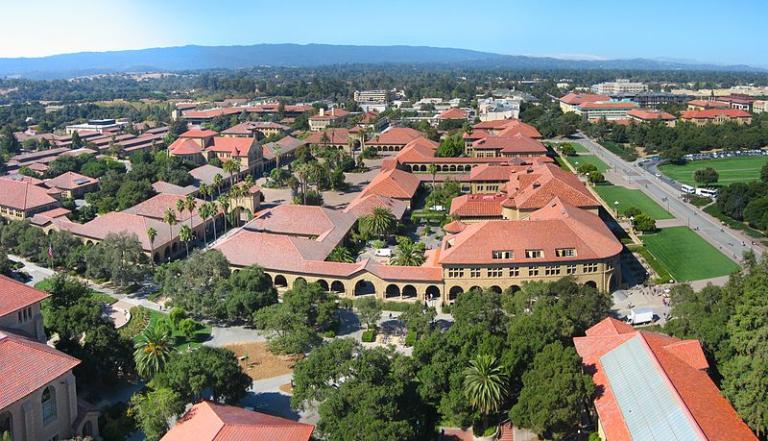
In closing, I offer some additional fodder for righteous indignation that I’ve drawn from the seemingly inexhaustible Christopher Hitchens Memorial “How Religion Poisons Everything” File™:
In a day when many have abandoned organized religion, a gathering at the Bishops’ Central Storehouse in Salt Lake City showed the power of gathering for a good cause. . . .
Sharon Eubank, director of the Church’s Humanitarian Services, said Thursday’s gathering answers the question, “Why do I need organized religion?”
“This is what organized religion does,” Eubank said. “It allows us to be good at scale and then to partner with other people who are good at scale.”
Posted from just off New Zealand’s Cape Reinga


